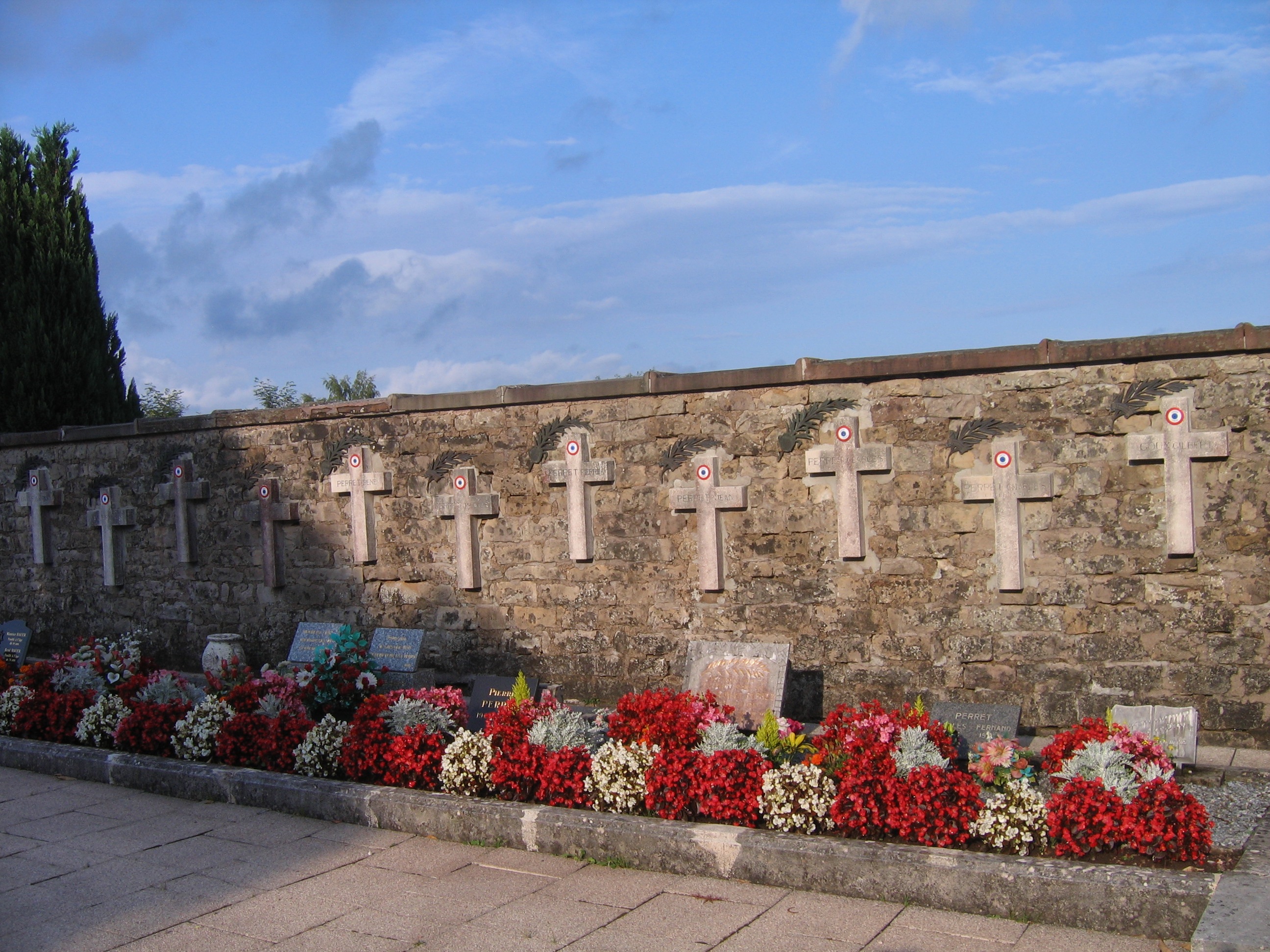I Dreamt of Jacques ...
The continued presence of their childrens' murderers caused unceasing pain to the Etobonais. Jules Perret identifies the guilty ones and their units even as he is forced to put up with them.
Monday, October 30
The chief of the Cossacks came to my house about some business of transporting wood in the forest. It was Blum, the ignoble and cruel captain who brutalized our children before handing them over to their executioners, who were taken from his own unit; this Blum is easy to identify because he’s missing the fingers on one hand. I can’t walk from my bed to the living room, so Mama and Suzette received him. A little while later, Suzette started crying, screaming, even, to me, “Papa! We’ve endured everything! When he saw some coffee on the table, this thug wanted us to give him a cup. While he was drinking it, I saw his hand. It had no fingers. It was that monster!” She was so enraged she couldn’t say more. If she had had a gun, I think she would have killed him.
The boche Ernst, who’s been staying here, has left. Without a goodbye! He can go to hell. These last few days he spent his time looking for X’s grave. Karl Lade must have told him that he was killed in a potato field, so that’s where he was looking. If he only knew that I had hidden a picture of X in a hole in the wall! Before he left, perhaps with the idea of pulling something out of me, he became revoltingly obsequious. Monsieur Jules this, Monsieur Jules that: “Rest yourself … would you like a cushion for your back? Etc., etc.” The other boche, Henri, also exasperates me with his servility.
On all these abominable idiots, I note as many details as possible so that they can be found and punished: this Ernst, like Vonalt, is from Regiment 406-75A. Dr. Rauch is from Ambulance 622-44A. The Cossacks, with their Blum, their lieutenant Kamerer, their adjutant Kartch and other crooks, are from the 15-201F.
As we await the rout, all the boches are extraordinarily active. They do the impossible so that everything works as they wish, ceaselessly repairing their rolling stock, shaky, crumbling. And things work, more or less.
I just had an interesting conversation with one of these boches, little, old, vain, always freshly shaved, holding his little head high, with his hair combed over his receding hairline. He explained to me that Hitler is a good man, perfect, above all humane; that France was stupid for getting upset over such little details as Danzig, Austria, Czechoslovakia and Poland; that the armistice of 1940 was a masterpiece of generosity, after which the Germans had the right and the duty to shoot French people by the hundreds for being so ungrateful as not to submit. Oh! These French! What horrors they perpetrated while they occupied Germany! And the good little boche told me of a revolting beastliness: In Dusseldorf, in 1920, the youth gave a party, during which an actor talked of those awful Poles. “You know what the French did? They interrupted the play, and put the one who had spoken against the Poles in prison for 2 weeks. As for the others, they yelled at them! Yelled at them!” In the fact of such cruelty, the orator lost his breath, yells in his turn against the resistance, these terrorists, these thugs, these assassins, then, at the end of his eloquence, stretches out on the sofa, near the stove, and goes to sleep. What an incredible imbecile!
Last night, I dreamt of Jacques. I saw him, I embraced him, I asked him if it was true. He said yes, but it was unimportant and a good thing. I said to him: Son, come back often and see us ...

 Katherine Douglass
Katherine Douglass